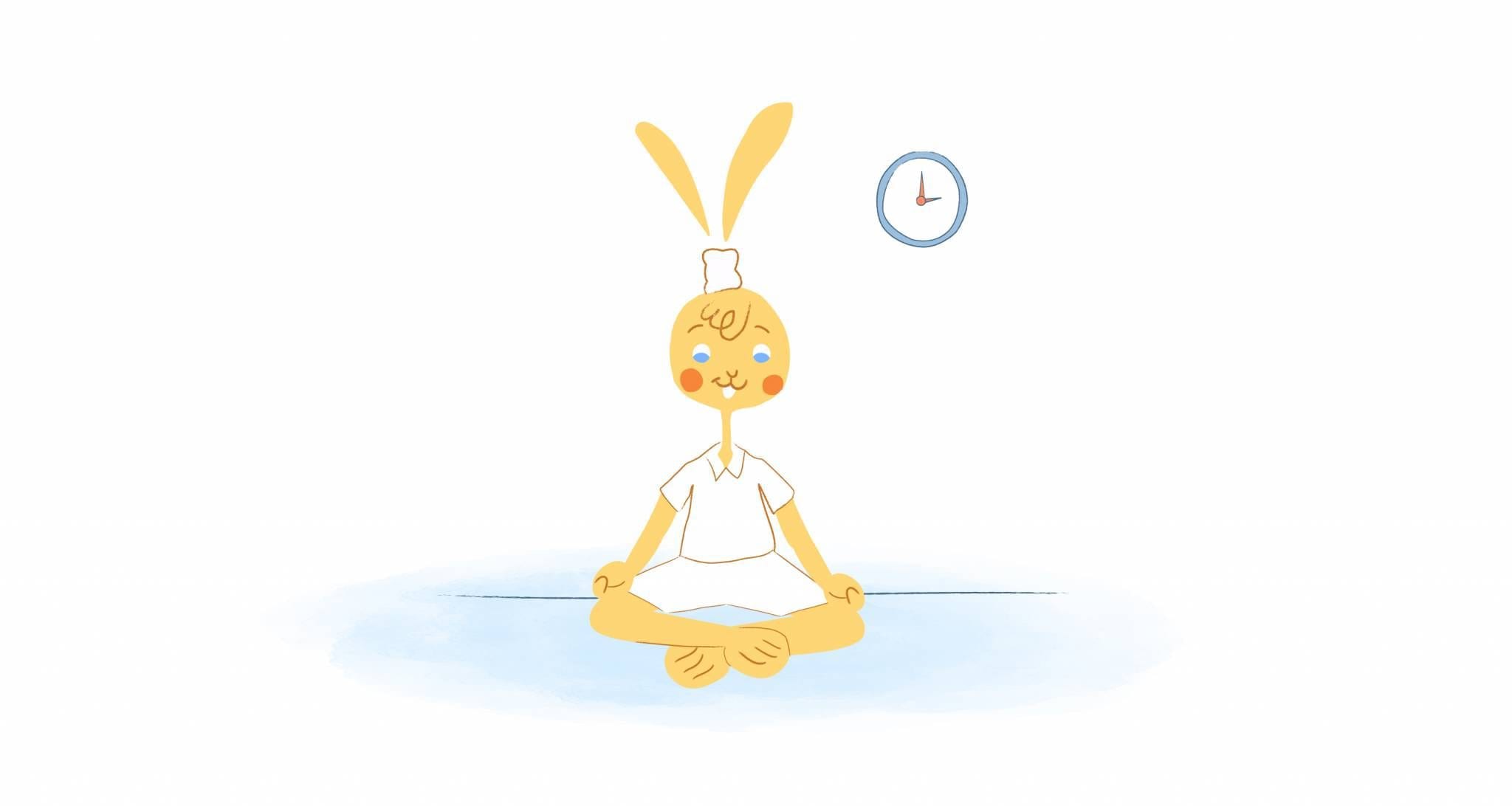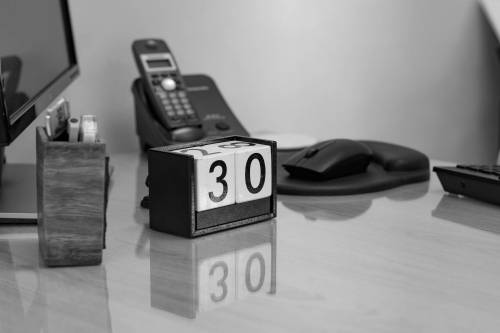

We’ve all had those seemingly endless days at work. Once it’s finally over, we just want to kick back, flip on Netflix, and mix ourselves a drink. Tempting as that may be, it’s not exactly healthy — or productive. Can you take care of yourself and unwind at the same time? Here are five productive ways to unwind after work.
1. Journaling
For many people, the last thing they want to do once they get home is to rehash their workday mentally. Although the idea of leaving work at work sounds great, many people have a difficult time letting work go after they’ve clocked out.
An unsexy but effective technique to help you leave work at the office? Spend a few minutes taking notes over what you have to remember for the following day. Keep a journal by the door so you can grab it as soon as you get home.
The reason that journaling works are that the Type-A personalities, in particular, stress about forgetting things: what needs to happen the next day, conversations that need to be followed up on, and so on.
The simple act of journaling when work is swirling around in your mind signals to the subconscious that it doesn’t need to be in high alert. If it can relax, you can, too.
2. Exercise
One of the healthiest ways to wind down after work is to find time to exercise — a practice with nearly infinite variations. Run, bike, swim, lift — whatever gets you moving. Exercise has many valuable benefits and is a great thing to do after work.
Exercise has a host of stress-relieving benefits, including improving sleep, fighting anxiety, and warding off depression. Not only will you feel better when you make exercise a part of your life, but you’ll likely have better tomorrows at work.
When you aren’t tossing and turning all night, you’ll wake up feeling fresher. And after a solid workout, you won’t be tempted to eat heavy, greasy foods. Add it all up, and you’ll feel more confident, energized, and focused the next day.
3. Cook for yourself
Another common post-work habit for many people is to hit the drive-thru. It may taste good, but it isn’t a smart way to relax.
Sure, cooking takes time, but cooking for yourself is a great way to unwind. To many people, cooking is a spiritual practice. Handling and preparing fresh foods can be rejuvenating.
Of course, home-cooked foods also tend to be healthier. A home-cooked meal is typically portioned more appropriately, and most contain less sodium than the equivalent homemade dish. Eating at home can also be more comfortable on the wallet, which saves you stress in the long run.
Cooking at home is a great chance to practice mindfulness. Focus on the present moment: How do those carrots feel in your hands? What does the celery smell like? Let yourself get lost in it.
4. Meditate
One of the most time-honored ways to beat stress is meditation. Meditation has a broad spectrum of activities designed to overcome stress at the moment. Taking time to meditate can reprogram your brain to handle future stresses better, and help you live your best, most productive life.
Research shows that mindfulness meditation, which grounds you in the present, is especially useful. Lower stress levels, enhanced focus, and stronger relationships are common benefits.
Two accessible forms of mindfulness meditation are focusing on the breath and its rhythms, which can be done anywhere at any time, and walking meditation, which involves focusing on every step you take.
With that said, almost any activity can be used to focus on the present moment: cooking, making art or doing chores like laundry, for example.
Best of all, you don’t need to block out hours for meditation to be effective. Even spending 5-10 minutes in a meditative state restores motivation, fights decision fatigue, and improves learning.
5. Future planning
One final practice that can ramp up your long-term productivity while taking the weight off? Look ahead.
Often, the root of anxiety is feeling stuck. If you suspect your stress traces to that, take a few minutes to reflect on your goals. Ask how your present work and actions align with them, as well as what more you can do to reach them sooner and more effectively.
What if looking ahead starts to stress you out? Be thoughtful, but don’t treat your plans as destiny. You don’t need to tackle every aspect of your life in its totality, and the universe will almost certainly throw a wrench or two in your plans.
When that happens, don’t throw in the towel. Set aside planning time periodically, and you’ll see yourself making progress toward your goals — and that, perhaps above all else, will show your stressors the door.
For many in business, the post-work period is the toughest part of the day. Don’t be tempted by things like inactivity and alcohol: In the long term, they’ll only make your stressors worse, and that’s anything but productive.











Max Palmer
I'm Max, and I love helping businesses we work with expand their businesses online. Growth potential is what we strive for! I help with press, productivity and overall business needs for business owners.